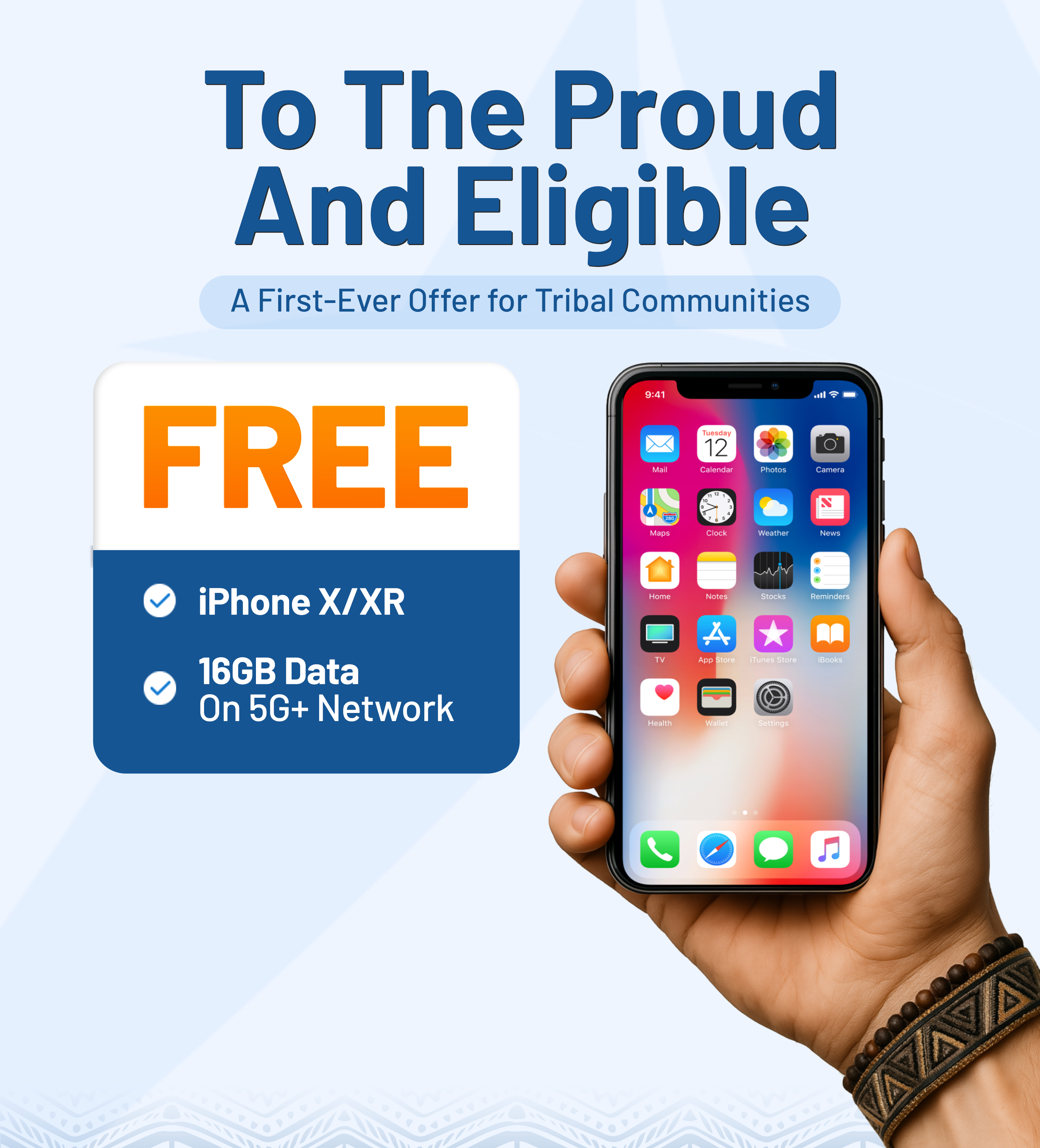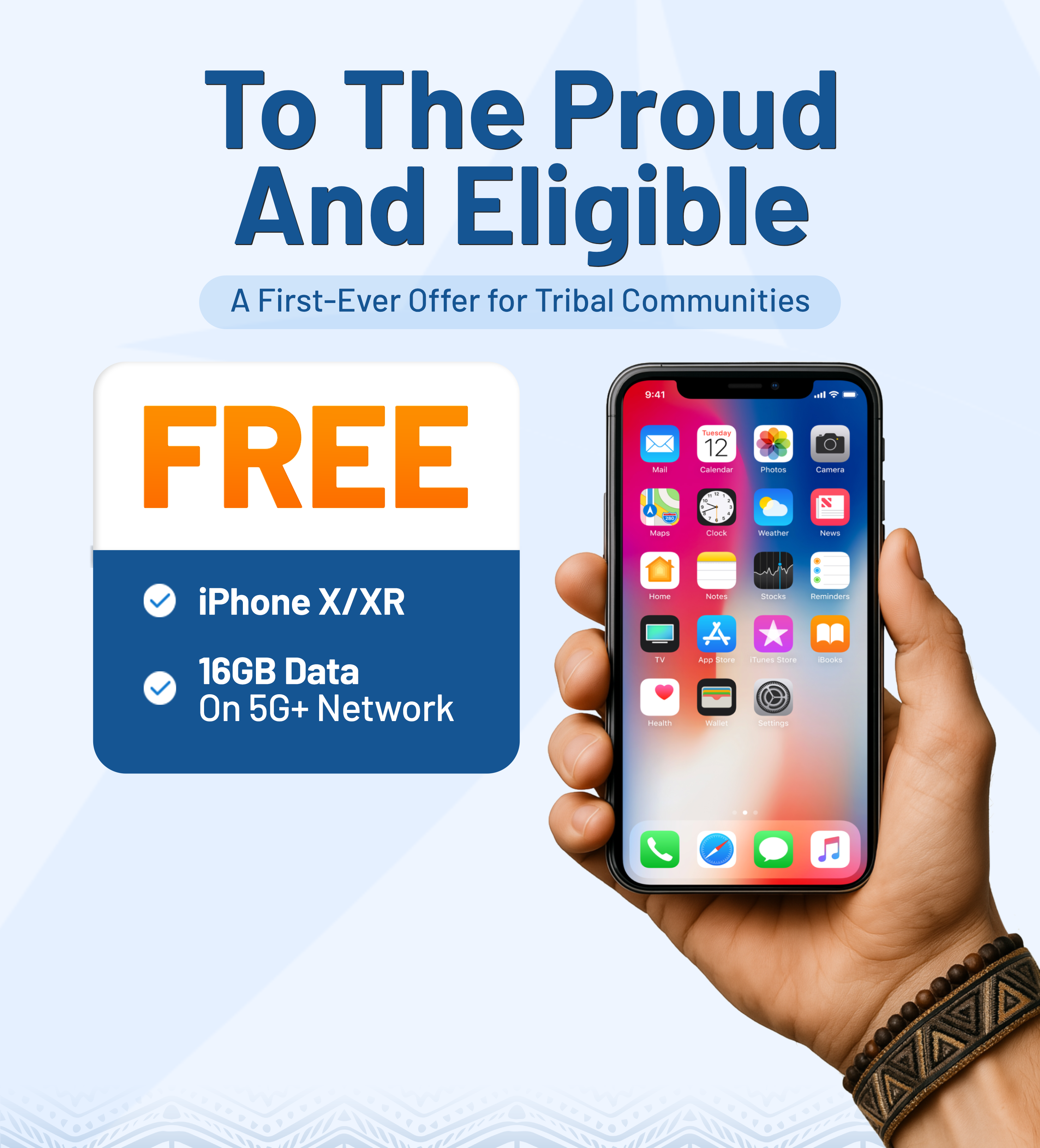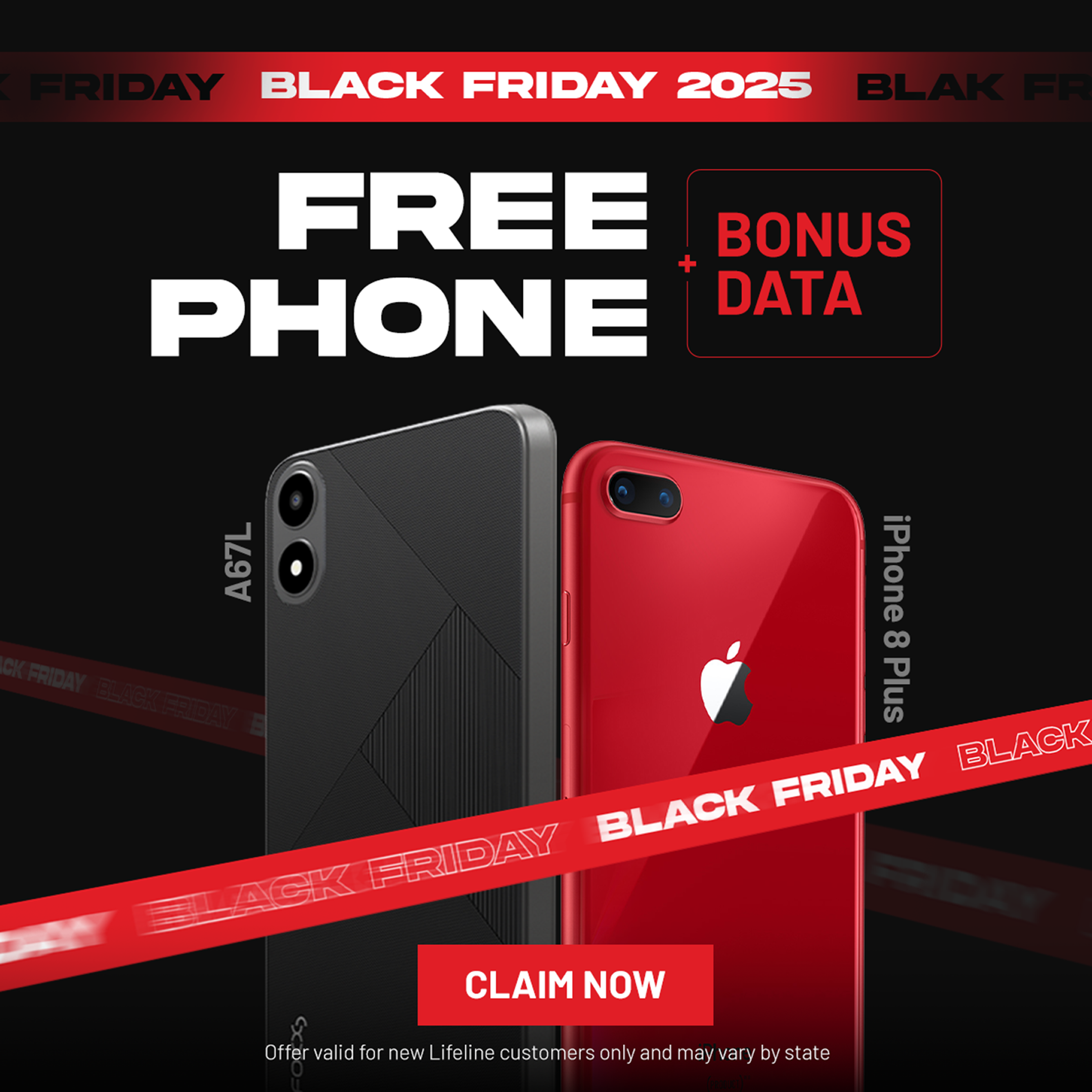Millions of Americans rely on SNAP benefits every month to cover essential grocery costs, but many still wonder, “can you buy paper towels with EBT?”. In this guide, we’ll break down exactly what you can and cannot buy with EBT, explain why products like paper towels aren’t eligible, and share helpful tips to maximize your SNAP benefits.
1. Can You Buy Paper Towels With EBT?
Many SNAP participants often wonder, “Can you buy paper towels with EBT?”. The direct answer is No; you cannot purchase paper towels using your SNAP card or EBT benefits.
To better understand why paper towels are Not EBT-eligible, we need to look at several key foundations and how the SNAP program defines “eligible” and “ineligible” items.
Purpose and limitations of the SNAP program
The SNAP program is designed to help low-income households buy food items meant for home consumption, such as fruits, vegetables, meat, dairy products, grains, and similar food categories.
According to the Food and Nutrition Service (FNS), part of the United States Department of Agriculture (USDA), the policy clearly states:
- “Any non-food items such as cleaning supplies, paper products, and other household supplies” cannot be purchased with SNAP benefits.
- Paper towels are considered “Paper Products / Household Supplies”
- Paper towels, napkins, and toilet paper are clearly classified as paper products or paper goods, everyday household items that are not intended for consumption.
The official retailer training guide also emphasizes:
- “Do not accept SNAP benefits for any toilet paper/paper towels/napkins.”
- This means that although paper towels are essential household necessities, under SNAP regulations, they are still categorized as non-food items and therefore cannot be paid for using EBT.
The rule that distinguishes “Food” from “Household Supplies”
SNAP regulations outline a key distinction: only products labeled with a “Nutrition Facts Label” or intended as “food for household consumption” are eligible for purchase using EBT benefits.
In contrast, paper towels and other disposable paper products do not meet this requirement because:
- They are not meant to be eaten or consumed as food.
- They do not carry a “Nutrition Facts” label.
- They are classified as household supplies, not food.
2. What Can You Not Use SNAP On?
While SNAP provides crucial support for low-income households to buy essential food, the program does not cover every item in the grocery store.
Many first-time EBT users are often confused when they swipe their card to purchase everyday household products, only to find their transactions declined. So, what exactly can’t you buy with SNAP/EBT, and what’s the reasoning behind these restrictions?
The core purpose of SNAP is to help families buy food for home consumption, meaning it only applies to edible items or those that carry a “Nutrition Facts” label. Therefore, any product that does not qualify as food is categorized as an “ineligible item.”
According to official guidance from the Food and Nutrition Service (FNS), the following types of goods cannot be purchased with SNAP/EBT benefits:
- Paper products such as paper towels, napkins, and toilet paper;
- Cleaning supplies such as dish soap, laundry detergent, and floor cleaners;
- Personal care items such as soap, shampoo, toothpaste, and cosmetics;
- Household supplies such as batteries, light bulbs, trash bags, and other cleaning tools.
All these products are considered non-food items because they are not consumed through eating and do not carry a “Nutrition Facts” label.
As a result, if you attempt to pay for these items using your EBT card, the point-of-sale system will automatically decline the transaction.
One of the most common questions SNAP users ask is: “Does EBT SNAP cover diapers?”. The answer is no.
Diapers whether babies or adults are not considered food and therefore are not eligible for purchase with SNAP or EBT benefits.
According to guidance from USDA/FNS, diapers, baby wipes, shampoo, and other personal-care products are all classified as non-food household supplies, meaning they are not covered under SNAP assistance.
This means that when paying at checkout, shoppers must separate their purchases:
- Eligible food items → can be paid for using the EBT/SNAP card.
- Diapers, wipes, and other non-food items → must be paid for using cash or a regular debit/credit card.
However, some U.S. states offer separate assistance programs for diapers and baby-care items, independent of SNAP.
Recipients can check their state’s official website or contact their local Department of Human Services (DHS) office for more information about available diaper assistance programs.
3. What Is the Most Bought Item with Food Stamps?

Since “Can you buy paper towels with EBT?” has a clear answer, it’s better to focus on the items you can buy with your benefits.
By doing so, you can make the most of your benefits while ensuring every dollar goes toward essential, nutritious food.
Here are the main categories of items you can buy with your EBT card:
- Fruits and vegetables: Fresh, frozen, or canned produce help boost fiber and vitamin intake, supporting a balanced and healthy diet.
- Meat, poultry, and fish: Excellent sources of protein and essential nutrients that help maintain muscle mass and overall health.
- Dairy products: Milk, yogurt, and cheese provide calcium, protein, and vital nutrients that contribute to bone and immune health.
- Breads, grains, and cereal products: Including wheat-based foods, rice, oats, and other grains that supply carbohydrates and energy for daily activities.
- Canned goods and healthy snacks: If they are non-heated at the point of sale and meet store eligibility criteria, these can be included in your EBT purchases.
By shifting your spending focus from ineligible items like paper towels to EBT-approved foods, you can:
- Use your SNAP/EBT benefits correctly and avoid declined transactions at checkout.
- Maximize the nutritional value of your food purchases.
- Stretch your food budget further, ensuring that your benefits serve their intended purpose, providing healthy meals for your household.
This simple change in shopping habits ensures you get the greatest value from your SNAP/EBT benefits while staying fully compliant with program rules.
>>> Learn More: Can You Buy Laundry Detergent with EBT?
4. Tips to Maximize Your SNAP Benefits
Getting the most out of your SNAP/EBT benefits goes beyond making smart grocery choices. It’s also about taking advantage of telecommunication assistance programs that help you stay informed and save more.
These programs make it easier to track your EBT balance, monitor spending, and find local store discounts.
If you’re a SNAP participant, you may automatically qualify for Lifeline, a federal assistance program designed to reduce your monthly phone and internet costs.
Through partnerships with trusted providers like AirTalk Wireless, SNAP participants who enroll in the Lifeline program can enjoy additional exclusive benefits, including:
- Free 4G/5G smartphones from top brands like Apple, Samsung, LG, and Google.
- Free monthly plans with unlimited talk and text.
- High-speed data and international calling to select countries.
- The option to keep your current phone or number with the Bring Your Own Device feature.
- With fast shipping and multilingual customer support, AirTalk Wireless ensures that every eligible user stays connected, easily, reliable, and affordable.
Apply for the Lifeline program today to unlock these free benefits and stay connected without stretching your budget.
Final Words
While the answer to “can you buy paper towels with EBT” is no, understanding what SNAP truly covers helps you use your benefits wisely and effectively. Focus on eligible food items that nourish your household and take advantage of extra programs like Lifeline to stretch your budget even further.


